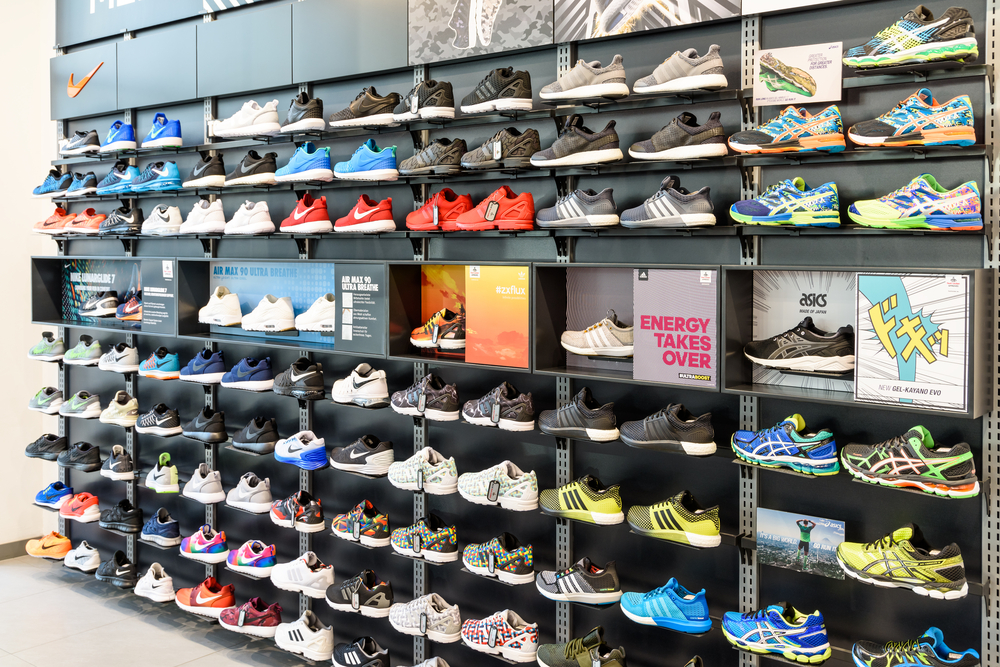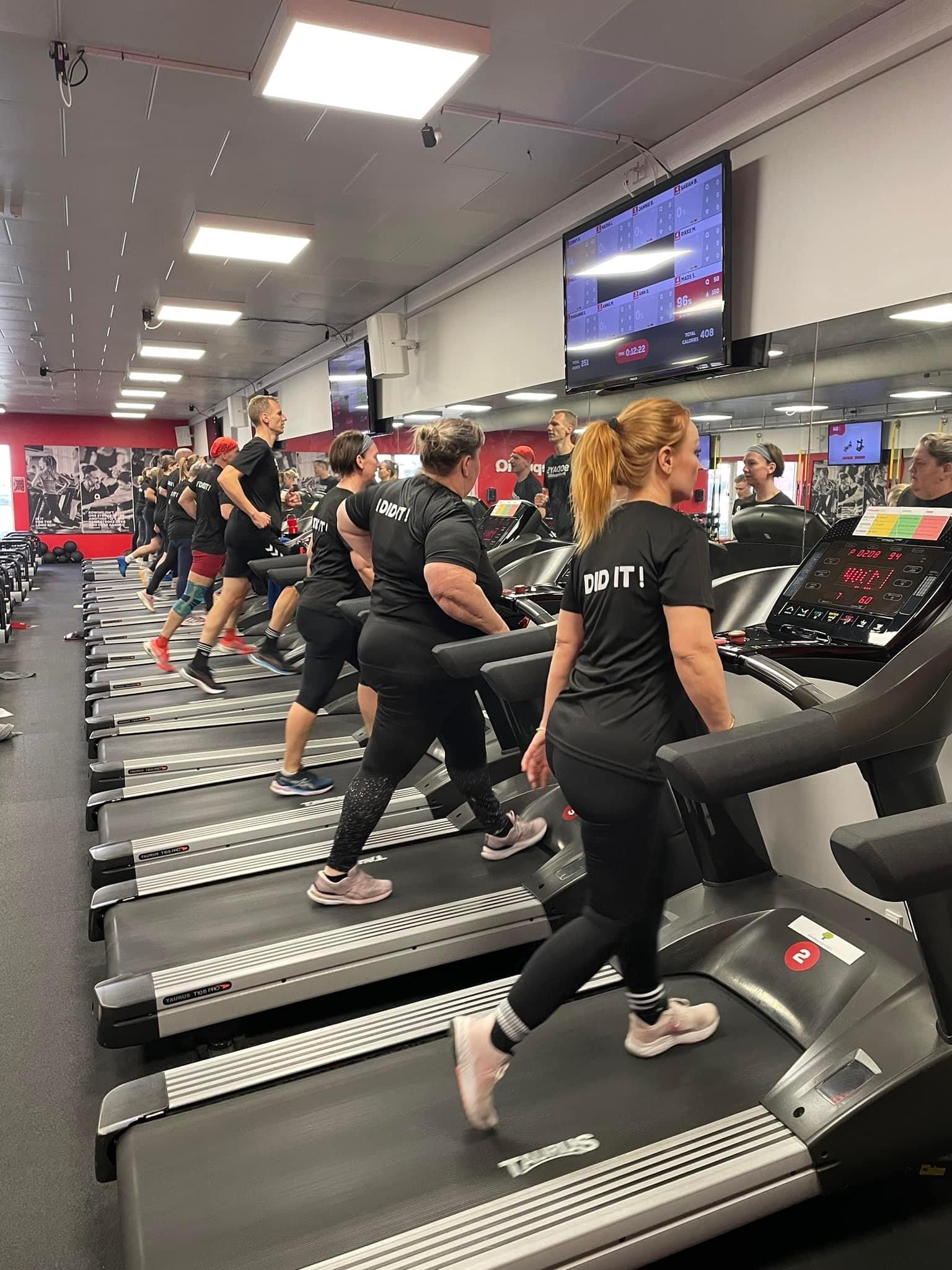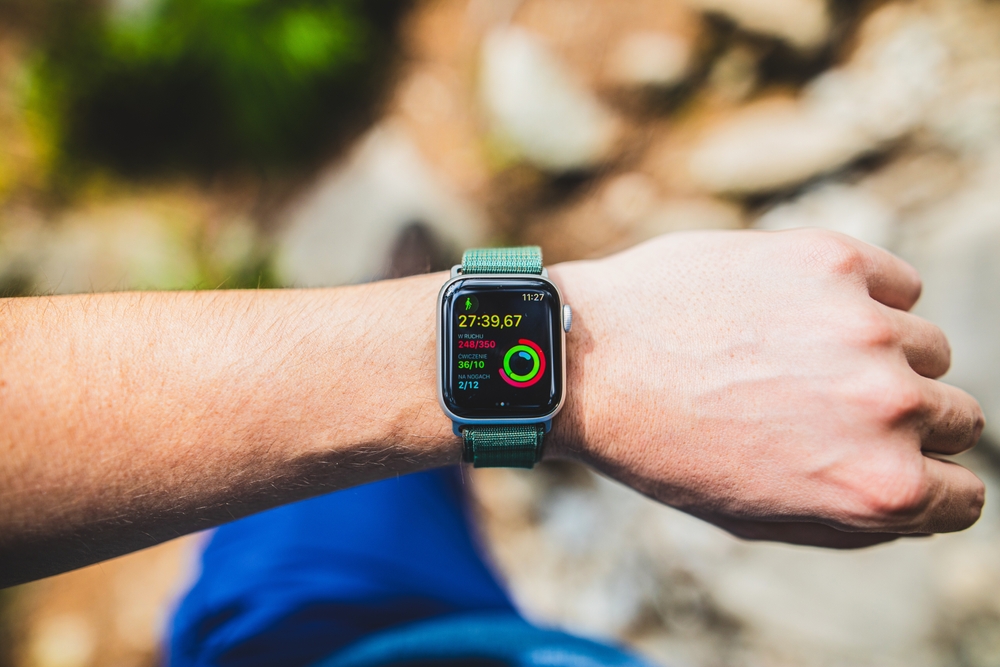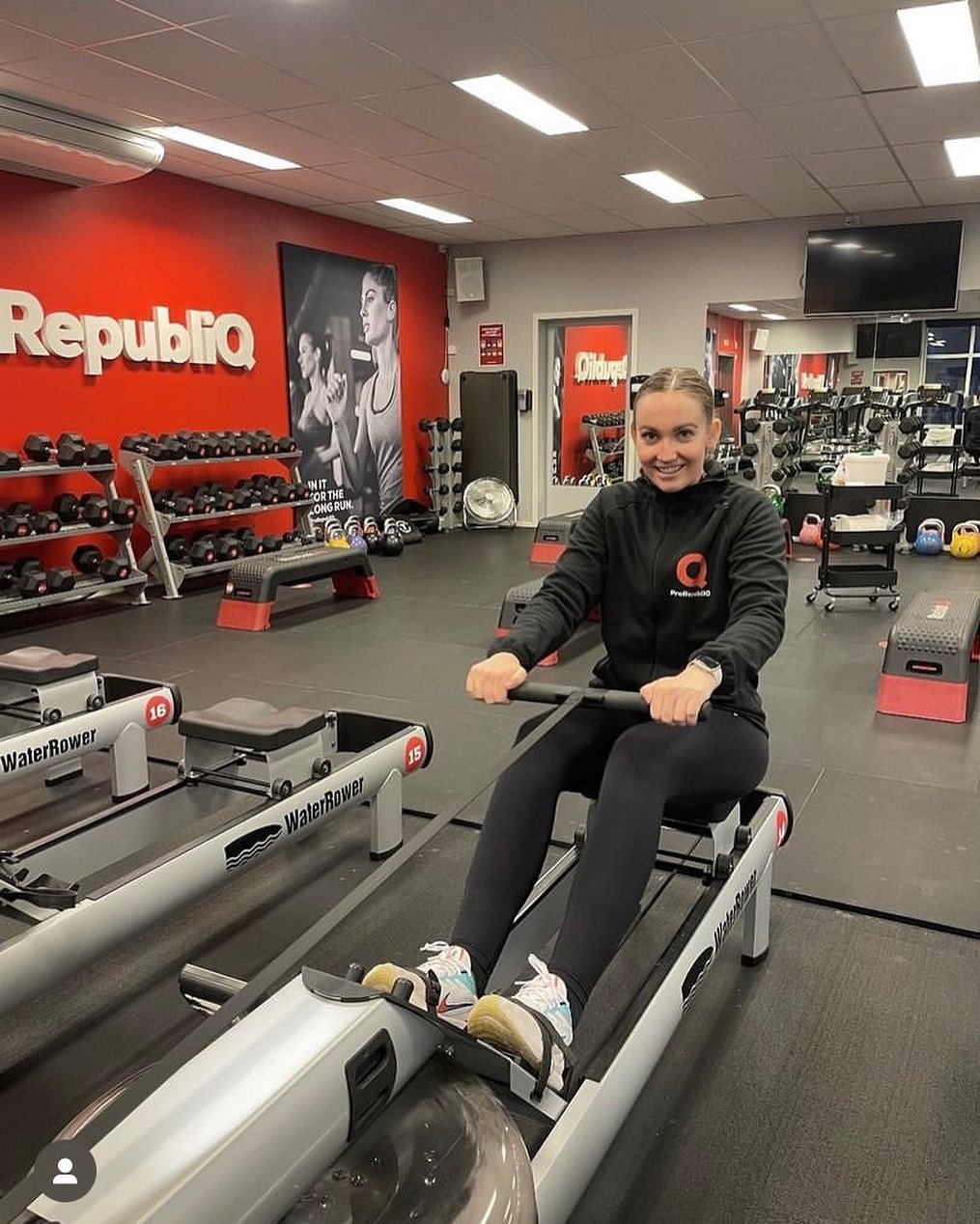Choosing the right running shoes is crucial for preventing injuries and enhancing your running experience. Here are some factors to consider when selecting running shoes:
1. Your Running Style
- Pronation Pattern:
- Neutral Pronation: Foot rolls slightly inward. Neutral shoes are best.
- Overpronation: Foot rolls excessively inward. Stability shoes with extra support are ideal.
- Underpronation (Supination): Foot rolls outward. Shoes with extra cushioning are best.
2. Foot Type
- Arch Type:
- High Arches: Require shoes with good cushioning.
- Normal Arches: Neutral shoes work well.
- Low Arches (Flat Feet): Stability shoes with pronation control are best.
3. Running Surface
- Treadmill: Lightweight and neutral shoes can be sufficient.
4. Training Type
- Long Distance: Shoes with extra cushioning and support.
- Short Distance and Speed Work: Lightweight shoes with good responsiveness.
- Competition: Racing shoes are lightweight and designed for speed.
5. Fit
- Size: Ensure there is about a thumb’s width of space between your toes and the end of the shoe.
- Width: The shoe should fit snugly around the forefoot and heel without squeezing.
6. Weight and Build
- Lighter Runners: Can often use shoes with less cushioning.
- Heavier Runners: Need shoes with more support and cushioning.
7. Shoe Durability
- Replacement: Running shoes should typically be replaced after 500-800 kilometers, depending on the shoe quality and your running habits.
8. Personal Preferences
- Comfort: Comfort is subjective, and it’s important to try on multiple models to find the most comfortable one.
- Brands and Models: Different brands and models can fit differently, so try various options.
9. Specialty Stores
- Gait Analysis: Many sports or specialty stores offer gait analysis and can recommend shoes based on your running style and foot type.
- Try Before You Buy: Test the shoes in the store, and if possible, take a short run to see how they feel.
10. Popular Brands and Models
- Asics: Known for their Gel cushioning system.
- Nike: Wide range of models for various needs.
- Adidas: Known for their Boost technology for extra responsiveness.
- Saucony: Good cushioning and comfort.
- New Balance: Offers shoes in various widths and with good support.
By considering these factors, you can find the running shoes that best suit your needs and ensure a comfortable and injury-free running experience.















